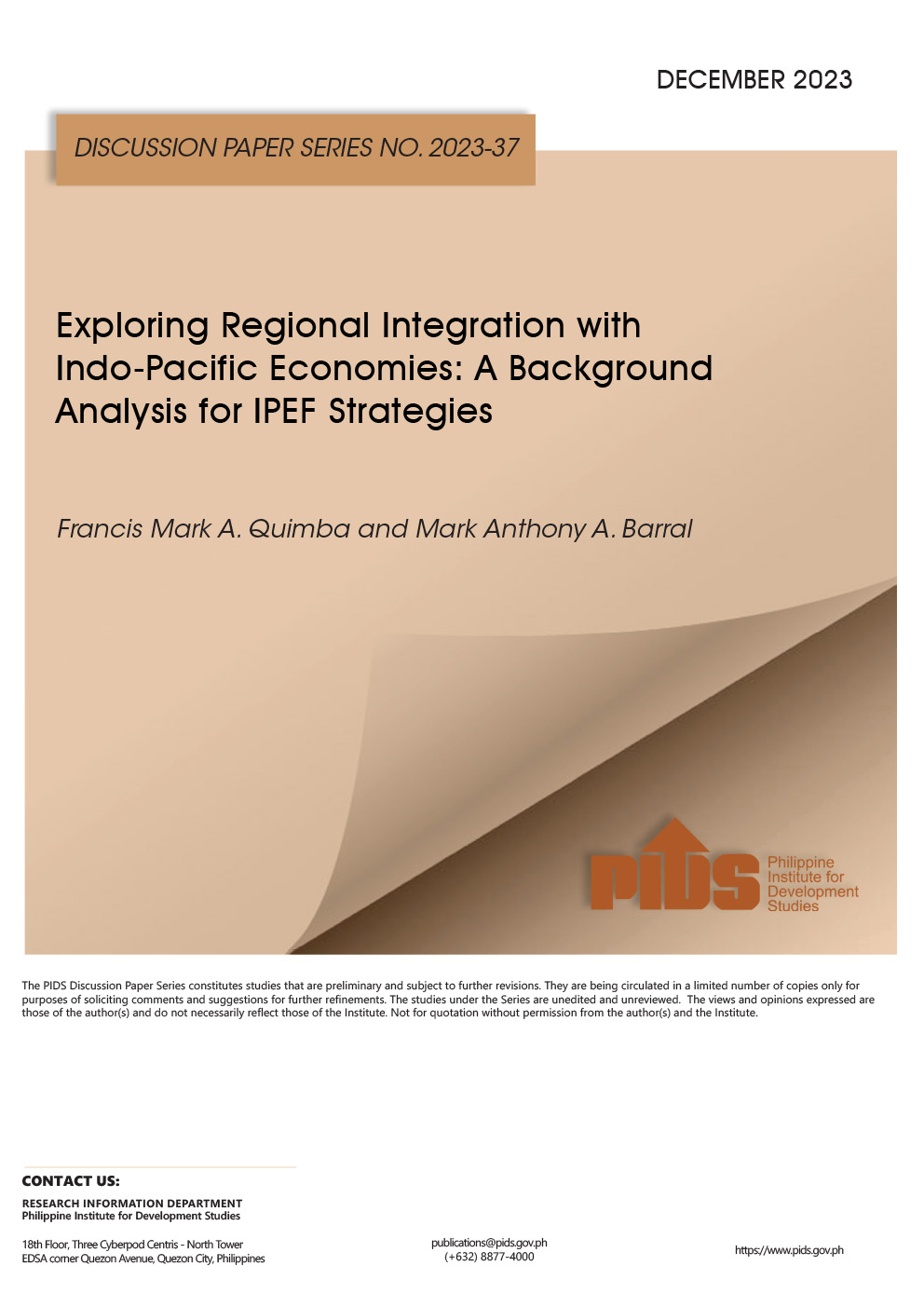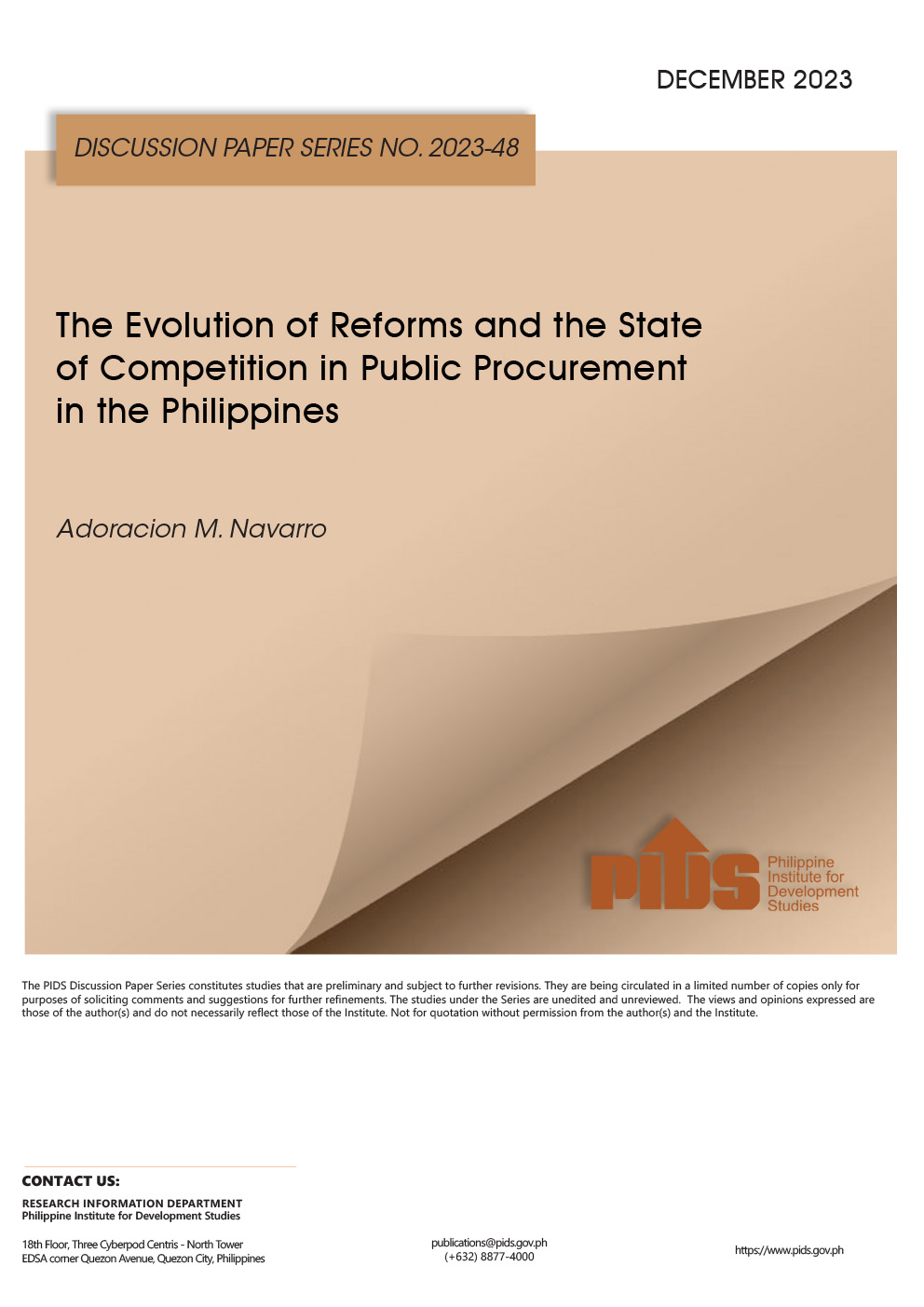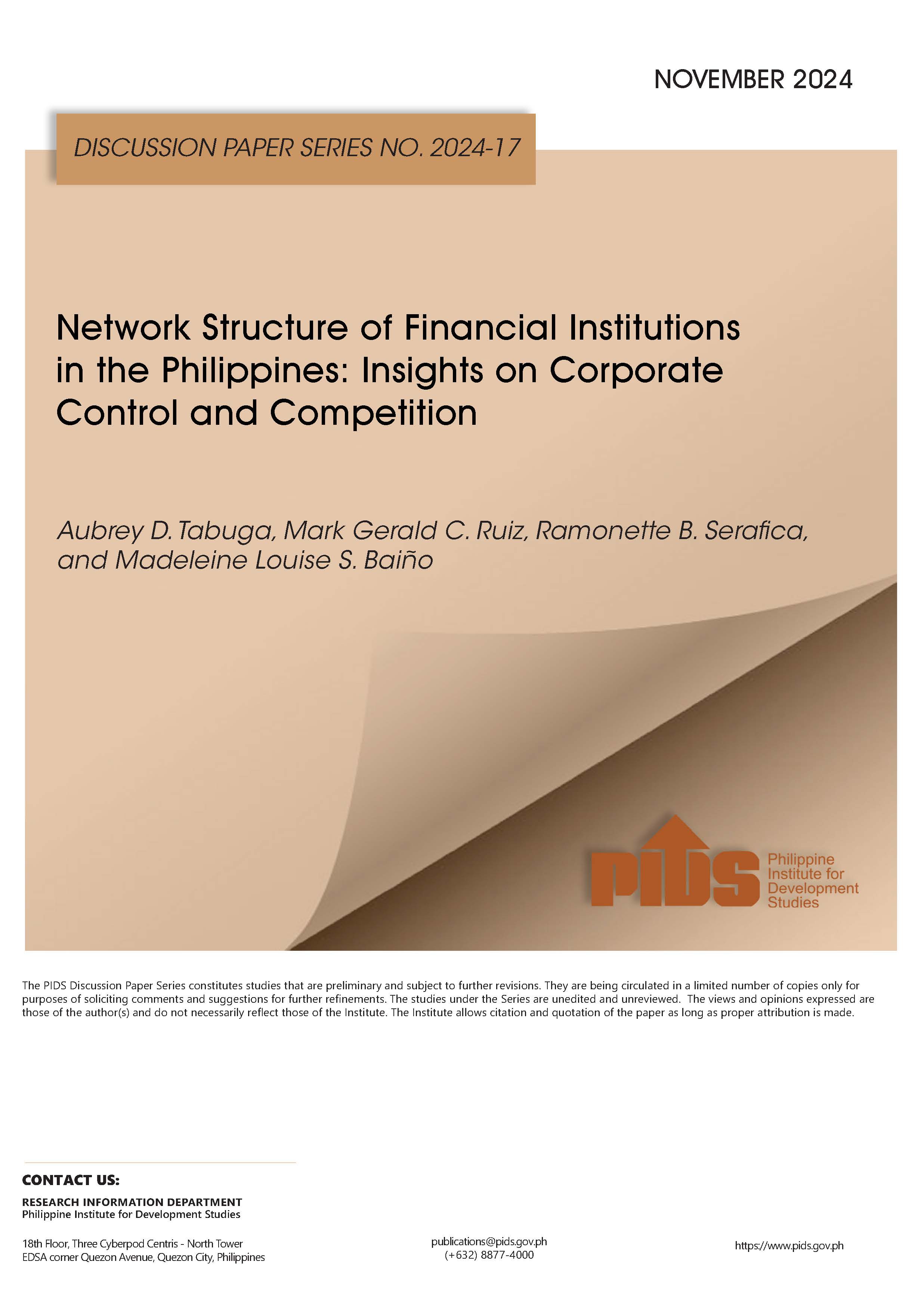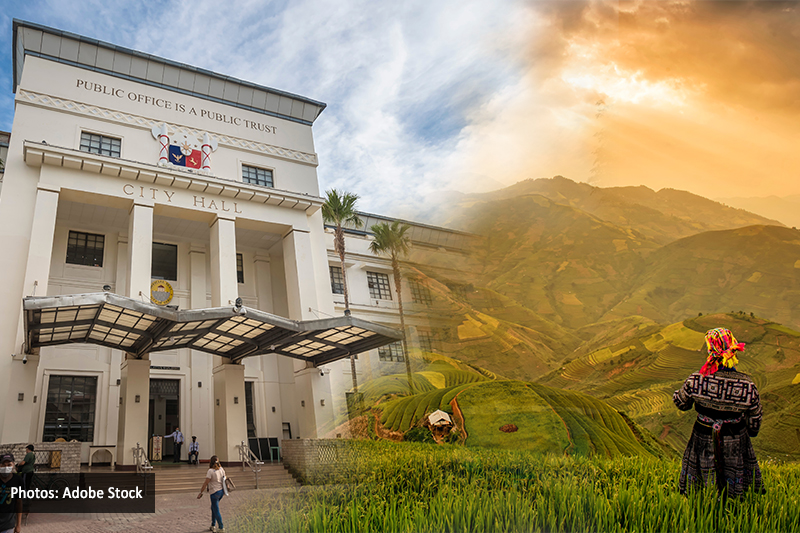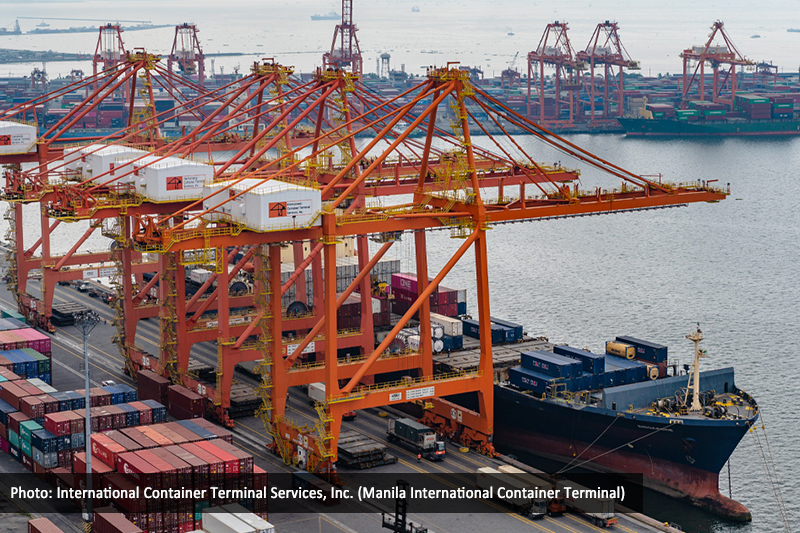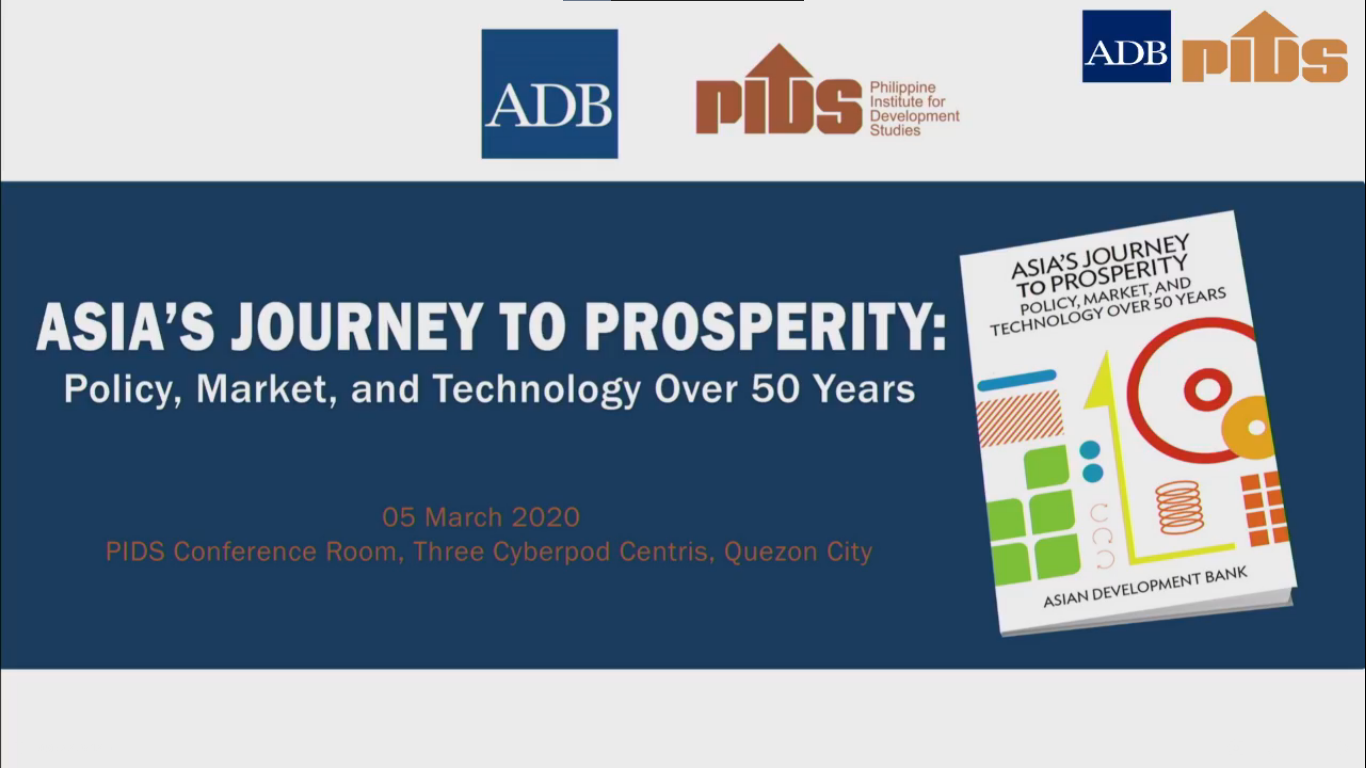The Senate and House of Representatives are bent on passing this week two important reform measures that the business sector has long been seeking to improve the investment climate in the country.
The Senate is committed to passing the bill creating the Philippine Trade Representative Office (PTRO), which will coordinate the country’s trade policies in international negotiations, despite previous objections made by the Department of Trade and Industry (DTI), which is of the view that it would only create redundancy and inefficiency in implementing the country’s overall trade-related strategy.
During the Joint Foreign Chambers’ (JFC) Arangkada Forum 2015 last week, Senate President Franklin M. Drilon pushed for various legislation affecting economic policies and the business community, particularly citing the establishment of the PTRO.
"We intend to pass measures to establish institutions that would support our move toward liberalization. We will create two new offices: a Philippine Trade Representative Office, which will serve as the country’s central agency tasked to formulate a cohesive trade strategy and, second, a Department of Information and Communications Technology, to support the development of our ICT systems,” Drilon said in his statement.
In the Senate, the creation of such office is supported by Senate Bills 1084, 1149 and 1404 filed by Senators Teofisto Guingona III, Antonio "Sonny” F. Trillanes and Jinggoy P. Ejercito-Estrada, respectively.
In the House of Representatives, the counterpart measures are House Bills (HB) 02770 and 01690, authored by Rep. Henry A. Teves and Rep. Karlo Nograles.
The lawmakers’ versions commonly cite the overlapping functions and responsibilities of several agencies to handle trade negotiations and the lack of a central coordinating body to consolidate and study the country’s various trade agreements.
The DTI, however, strongly opposed the measure, writing to House Committee on Government Reorganization last year that the move will overstep the functions and jurisdiction of the department through the Bureau of International Trade Relations, which has already developed expertise in trade negotiations and in forging trade agreements with other countries.
Additionally, the DTI, in its paper, said the implementation of trade policy, whether in the domestic or international setting, is a function conferred by law through Executive Order 133.
Moreover, according to the DTI, in creating the PTRO, the authority to rule on trade matters will be separated from the industry aspect, which, in turn, will cause ineffeciency in both areas.
"Trade and industry policies are naturally and inextricably linked, such that industry policy should underpin trade policy and vice versa. Segregating the functions causes ineffectiveness in both areas, thereby, hindering their full potential to serve overall national interest,” according to the position paper of the trade office.
On practical terms, the trade office, likewise, cited a previous paper published by the Philippine Institute for Development Studies that states establishing a Cabinet-level agency exclusively handling international trade negotiations is not feasible considering the huge resources that will be needed for the separate department.
Meanwhile, Liberal Party Rep. Antonio Rafael del Rosario of Davao del Norte said the lower chamber is eyeing to pass the proposed Philippine Fair Competition Act, or HB 5286, which consolidates the different House versions of the bill.
He said the members of the lower chamber may approve the measure on second reading this week, after the period of amendments, which is set to start on Monday (today).
"Hopefully, this week we will approve it [on second reading],” del Rosario said.
Speaker Feliciano Belmonte Jr., one of the authors of the consolidated bill, said the lower house will approve on third reading the fair competition measure, which aims to minimize, if not totally eradicate, unfair competition, monopolies and cartels, before the Congress’s March 21 break.
Congress will take a break from March 21 to May 3.
"This Philippine Fair Competition law has been repeatedly filed since the 8th Congress but it has never succeeded. But, this time [the 16th Congress], I think, we will succeed because we have actually finished the period of interpellations. This week [we will start] the period of amendments,” Belmonte said. "That is a piece of legislation that is very much needed and I’m hopeful that we can do it on the 18th or 19th of March, or before we adjourn,” he added.
The JFC and Philippine business groups have repeatedly urged the leadership of the House of Representatives to prioritize the passage of several economic measures, including the proposed Philippine Fair Competition Act.
The bill heavily penalizes monopoly, anticompetitive mergers and other unfair trade practices.
The measure defines monopoly as a form of market structure in which one entity, having earned a privilege or obtained advantage over the others, accounts for the sales of a good or service.
As defined under the measure, mergers are situations where two or more entities, previously independent of one another, join together. These include transactions whereby: two entities combine into one; one entity takes control of the whole or part of another; two or more entities acquire control over another entity and other transaction, whereby one or more undertakings acquire control over one or more entities.
The bill also proposes to create the Philippine Competition Commission that will prosecute those engaged in unfair and deceptive trade practices and other such practices with the purpose of preventing, restricting, or distorting competition.
Further, the bill provides for a Transitional Clause in order to allow affected parties time to renegotiate agreements or restructure their business to comply with the law.
According to the measure, the PCC is an independent body, which shall have original and exclusive jurisdiction to enforce and implement the competition law.
Likewise, the bill said the PCC is empowered to investigate violations of the competition law, issue subpoena duces tecum and testificandum, cease and desist orders, conduct administrative proceedings, impose administrative fines, issue advisory or legal opinions, and is mandated to submit reports to Congress, including proposed legislation for the regulation of commerce, trade and industry.
The bill said that, in determining whether anticompetitive agreement or conduct has been entered into or committed, the commission shall observe the following guidelines:
- Define the relevant market allegedly affected by the anticompetitive agreement or conduct;
- Determine if there is actual or potential adverse impact on competition in the relevant market caused by the alleged agreement or conduct, and if such impact is substantial and outweighs the actual or potential efficiency gains that result from the same;
- Adopt a broad and forward-looking perspective, recognizing future market developments, but also taking account of past behavior of the parties involved and prevailing market conditions;
- Balance the need to ensure that competition is not prevented or substantially restricted and the risk that efficiency may be deterred by overzealous intervention; and
- Assess the totality of evidence on whether it is more likely than not that the entity has engaged in anticompetitive agreement or conduct.
Under the bill, any person who fails or neglects to comply with any term or condition of a binding ruling, a cease and desist order or an order for readjustment issued by the commission, shall pay a fine of not less than P50,000 and not more P200,000 for each violation.//
Congress vows March passage of PTRO, fair competition bills

